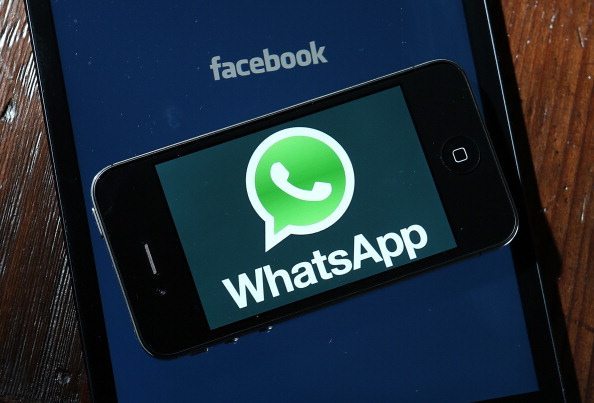
The WhatsApp Messenger from Facebook Inc (NASDAQ:FB) got its media moments when its developers announced that they would adopt end to end encryption. The switch led to more secure conversations and for the healthcare industry, it meant positive change.
The switch to end to end encryption was highly opposed by law enforcers because it meant they would no longer be able to intercept WhatsApp messages especially if national security is at risk. In countries such as Brazil, the WhatsApp messenger was blocked for three days by the Brazilian government, a move which negatively affected millions of people.
Nevertheless, the switch to end to end encryptions has generated a positive benefit in healthcare. The WhatsApp messenger is now considered a good communication platform between doctors and their patients.
Researchers claim that almost nine out of ten doctors in Brazil use WhatsApp to communicate with their patients. The adoption of high privacy controls is part of the reason the app is popular as a means of communication between doctors and patients. The WhatsApp messenger was also used by doctors to send CT scans to their patients as well as communicating symptoms of the Zika virus.
Despite the impressive uptake of the service in Brazil, the same cannot be said about WhatsApp and healthcare in the US. Cello Health reported that only 4% of doctors in the US have adopted WhatsApp as a communication platform with their patients. One of the reasons the rate of use of messaging service by doctors in the US is low as they fear going against health information privacy regulations. One particular regulation is the Health Insurance Portability and Accountability Act (HIPAA).
Complying with the HIPAA regulations is not an easy matter because there is no determined way of making sure that the apps are compliant. There are a lot of continuous process that are involved in making sure that data is regulatory compliant. Katie Kenney, attorney for Polsinelli said “You can’t just say ‘I’m HIPAA-compliant’ because it’s just a lot of steps.”
With this in mind, doctors would thus have to make sure that their handsets are password encrypted. they would also have to set up a verification system to make sure that they are communicating to the right person before conveying sensitive information. Doctors would require their patients to sign a form to prove that the number they are using is indeed attached to the WhatsApp account to be used to pass the data.
The reluctance of US doctors to use the WhatsApp messenger may soon change due to the recent encryption changes that the company made to the service. WhatsApp was initially meant to change the way people communicate through messaging but its impact on various industries such as healthcare has extraordinary. Unfortunately, there is still some skepticism over the level of security offered by the end to end encryption.




